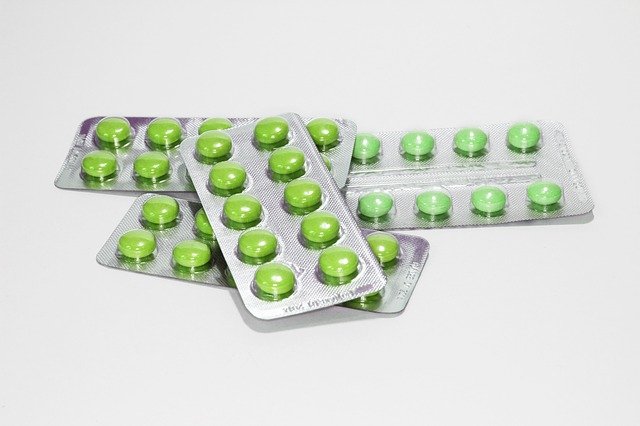
New research shows that treatment with albiglutide could result in fewer heart disease events in people with type 2 diabetes and existing cardiovascular disease.
Albiglutide is a type of drug called a glucagon-like peptide 1 receptor agonist.
This study took place at 610 sites in 28 countries.
Patients with type 2 diabetes and cardiovascular disease were randomly assigned to once-weekly injection of albiglutide or matching placebo in addition to standard care.
Overall, 9463 participants were followed for a median of 1.6 years.
The pre-specified primary combined heart disease outcome occurred in 338 of 4731 patients in the albiglutide group and in 428 of 4732 patients in the placebo group.
This means a 22% reduced risk of this outcome in the albiglutide group.
In addition, the incidence of acute pancreatitis (albiglutide 10 patients and placebo 7 patients), pancreatic cancer (6 and 5), medullary thyroid carcinoma (zero cases in both groups), and other serious adverse events did not differ significantly between the two groups.
The author concluded that In patients with type 2 diabetes and cardiovascular disease receiving standard care, an addition of once-weekly albiglutide reduced death from cardiovascular causes, nonfatal myocardial infarction, or nonfatal stroke by 22%, compared with the addition of placebo.
Overall, the number of patients who would need to be treated with albiglutide to prevent one event over a median of 1.6 years was 50.
The team suggests that this new therapeutic approach offers physicians a further means of reducing the most common and deadly complication faced by our patients with type 2 diabetes.
It provides more evidence that certain GLP-1-receptor agonists can improve cardiovascular outcomes in patients with type 2 diabetes.
The study is published in The Lancet.
Copyright © 2018 Knowridge Science Report. All rights reserved.
Source: The Lancet.



